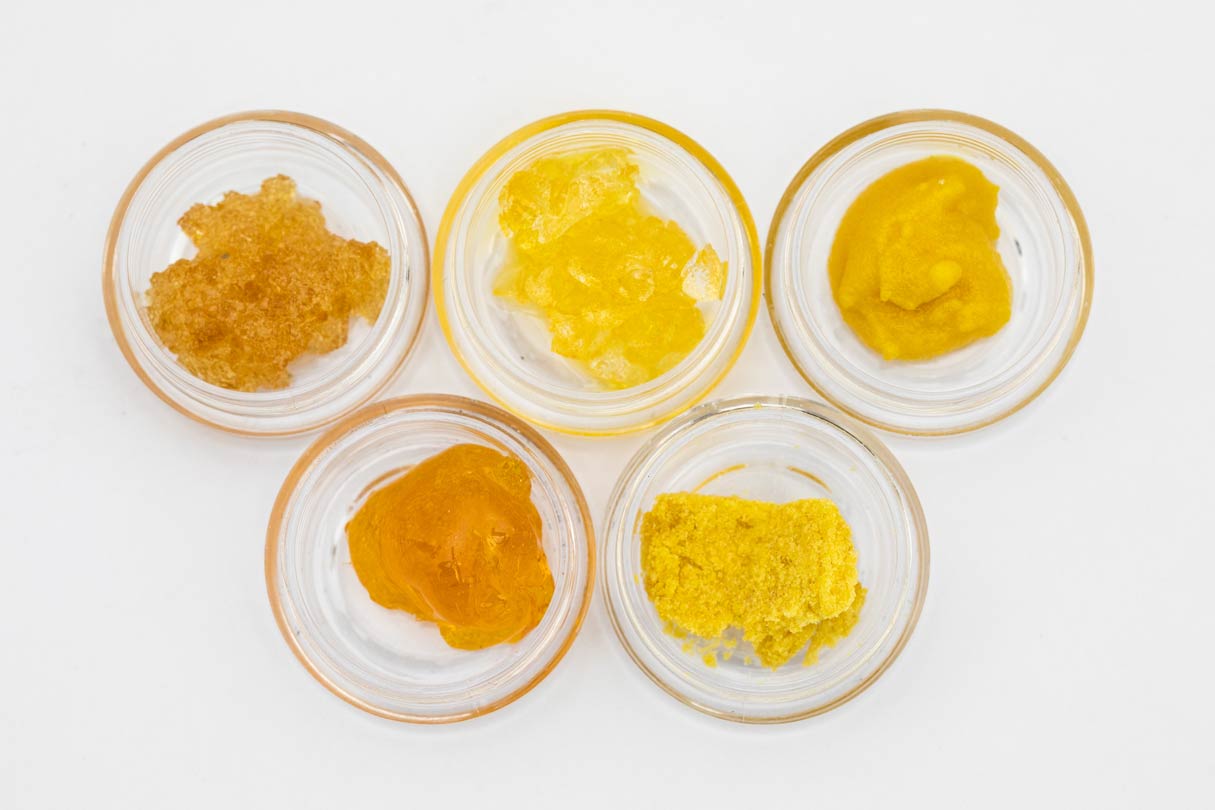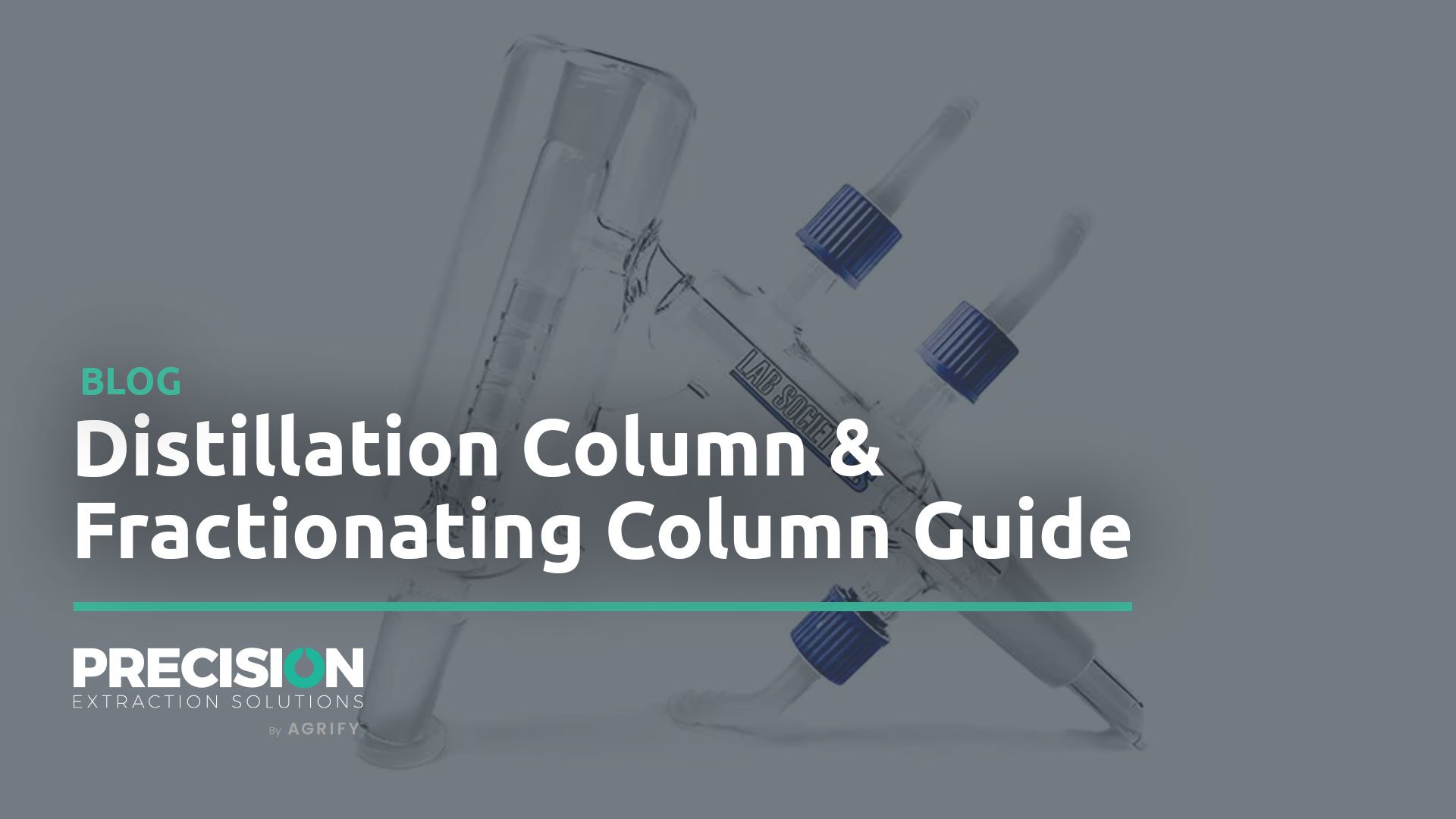
What is CBD Extract (Cannabidiol)?
Cannabidiol (CBD) is one of more than 100 chemical compounds that exist naturally in cannabis plants. According to the World Health Organization, CBD extract is neither addictive nor toxic in high dosage. CBD is known to temper the adverse effects of THC while supporting the more beneficial effects.
Is it psychoactive? No. It doesn’t induce the euphoria, memory loss, or other goofy effects that people often associate with marijuana high. For that, you’d need THC (tetrahydrocannabinol), which is psychoactive. Neurologically speaking, CBD and THC activate cannabinoid receptors in the nervous system that trigger relaxation and comfort. In turn, these receptors create endocannabinoids, which regulate appetite, sleep, mood, memory, among others.
New Technology for an Old Tradition
We live in an age of cutting-edge extracts, but people all over the world have been making CBD extracts for hundreds, possibly thousands, of years. Historians have traced cannabis extraction to ancient China, India, medieval Egypt, and Victorian England. In a modern laboratory setting, CBD was first isolated and extracted in 1940 and synthesized in 1963. Industrially, ethanol extraction was long the standard method of CBD extraction and remains a popular method today. However, technology has opened up more possibilities for CBD extracts.
Is CBD the Cure-All Wonder Drug?
People use CBD to treat insomnia, anxiety, musculoskeletal pain, Parkinson’s disease, Crohn disease, among many other ailments. It has been documented as limiting the uptake of anandamide, a pain regulator, resulting in decreased pain.
CBD is known for antipsychotic effects, though trials on psychiatric issues are ongoing. The same can be said of scientific conclusions about CBD in general.
What Does Science Say About CBD Extract?
How effective is CBD? Researchers are still figuring that out. The FDA recently approved the first-ever CBD drug, this one to treat epilepsy. In the meantime, much of the documented CBD benefits are anecdotal. People with Arthritis are a good example. CBD extract is commonly used for arthritis pain management, and clinical studies have found this to be an effective treatment among animals. However, we’re waiting on human trials.
Similarly, CBD may reduce spasticity in patients who are suffering from Multiple Sclerosis. And while we wait for more definitive scientific analysis, people who suffer chronic pain are happy to give CBD a try because the side effects are generally very mild.
Popularity of CBD Extracts
Feel like you’re starting to notice CBD in more and more retail spots? You’re not mistaken. Consumer interest has been growing for years. In one month alone, online search engines saw 6.4 million searches for CBD. The 2018 Farm Bill has loosened government regulations on hemp cultivation. In turn, the FDA’s growing interest in CBD and cannabis has encouraged significant market valuation – the CBD industry is projected to keep booming, with projections as high as $20 billion annually by 2024. Getting from the farm to consumer products requires CBD extraction.
Types of CBD Extracts
Full-Spectrum CBD
Full-Spectrum CBD extracts are made from hemp and have a full spectrum of cannabinoids and terpenes from the originating plant. While marijuana does contain some levels of CBD, traditionally hemp is used to create this extract. Full-spectrum CBD products can still contain low THC levels, below 0.3% despite coming from a hemp plant. Other full-spectrum CBD products can be marketed as “THC-free” and contain THC levels below 0.1%. Popular full-spectrum products include food, drink, lotion, pills and oils.
CBD Distillate
CBD distillate is made from the purification and distillation of hemp oil using fractional distillation to separate CBD from other compounds in the oil – distinguishing it from full-spectrum CBD. The resulting concentrate is oil-like, odorless and flavorless. Distillate is often subjected to further post processing in order to incorporate into a number of consumer products, like edibles, drinks and vape cartridges.
CBD Isolate
CBD Isolate is a concentrate made from further refining CBD distillate. Distillate oil is introduced to additional solvent, temperature changes and motion in order to make a crystal-like structure, often referred to as “crystals”. These often large CBD crystals are ground to a consistency similar to table salt and then incorporated into a product where other flavors and aromas take prominence. Examples include lotions, edibles, drinks and pills. CBD isolate would be considered the most pure form of CBD and is 99% free of other cannabinoids and terpenes.
How To Make CBD Extract
CBD extracts can be made from hydrocarbon, ethanol, or CO2 extraction methods. Depending on the product you are making, your production needs and other considerations, one method may be better than another. At Precision, we manufacture the best-in-class hydrocarbon and ethanol extraction equipment for making CBD extracts at any scale. More award-winning concentrates are made using Precision extraction equipment than any other brand.
Wondering what solution is best for your CBD extraction goals? Talk to a Precision expert today!








